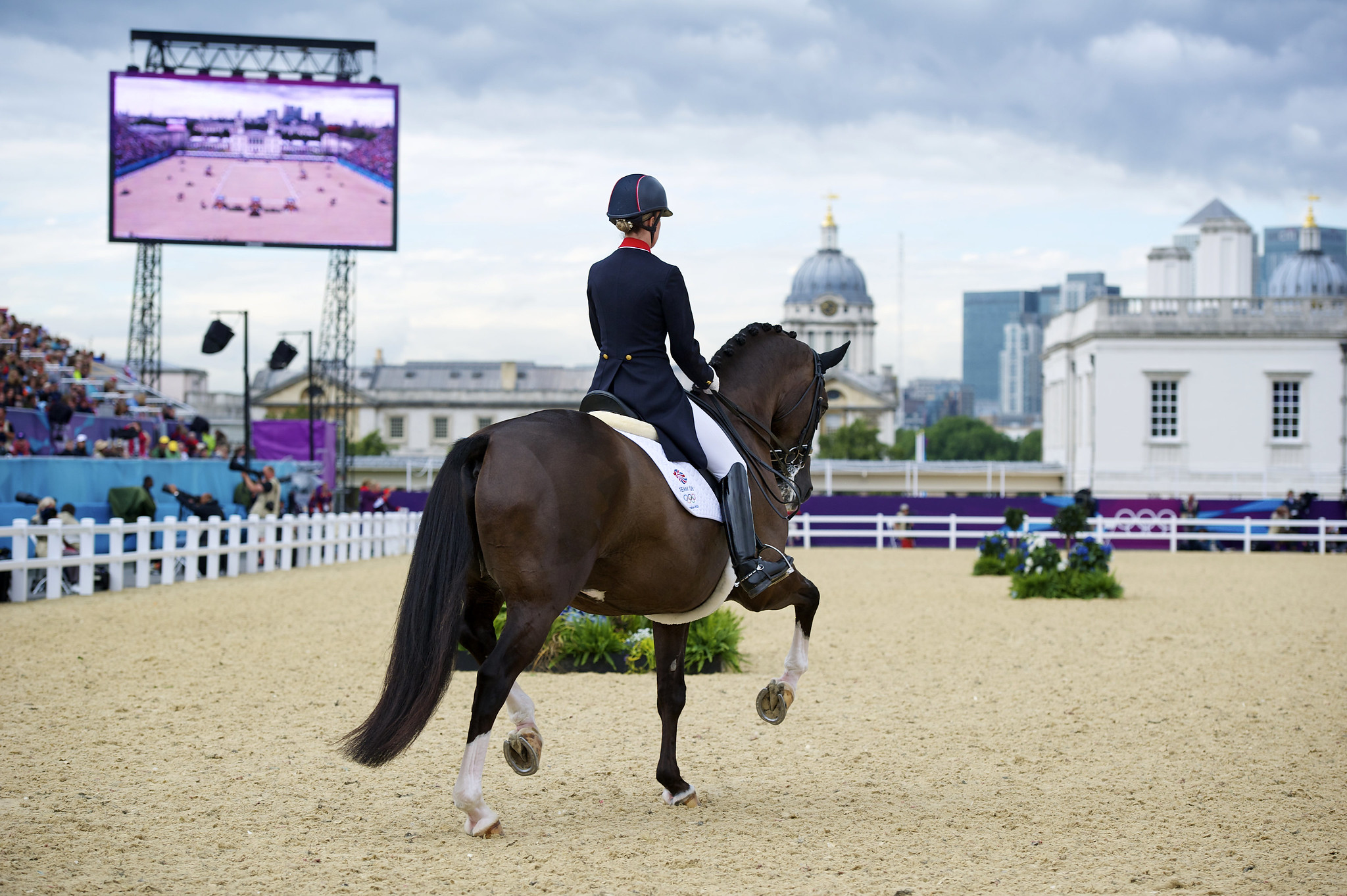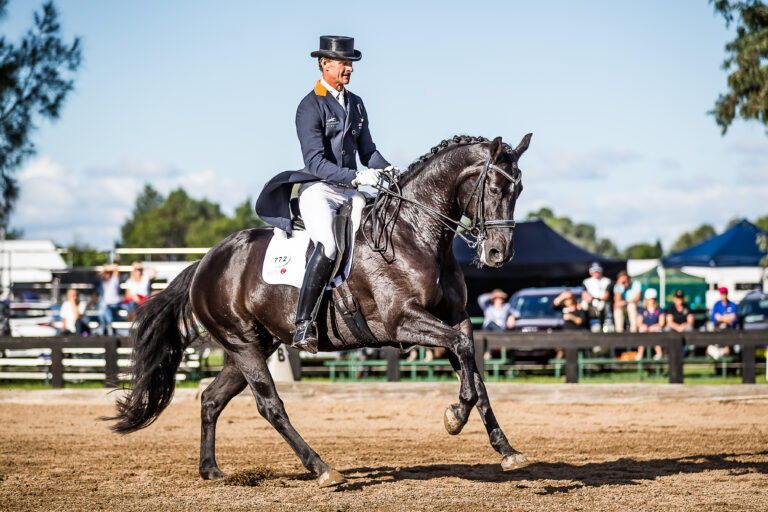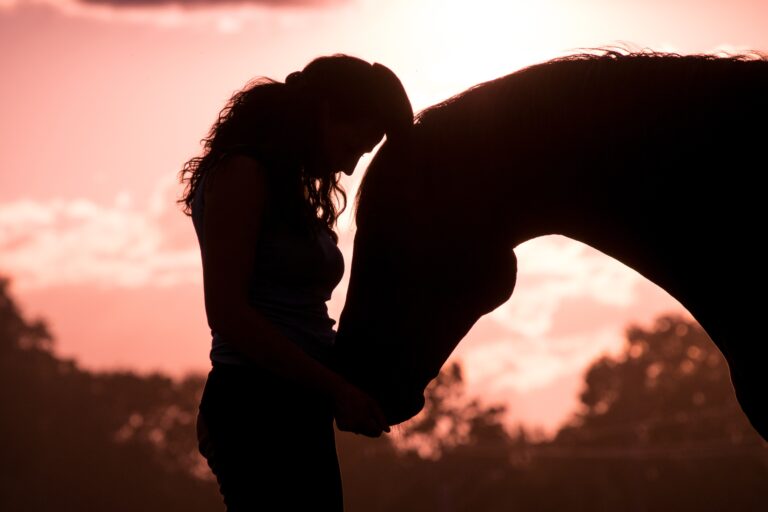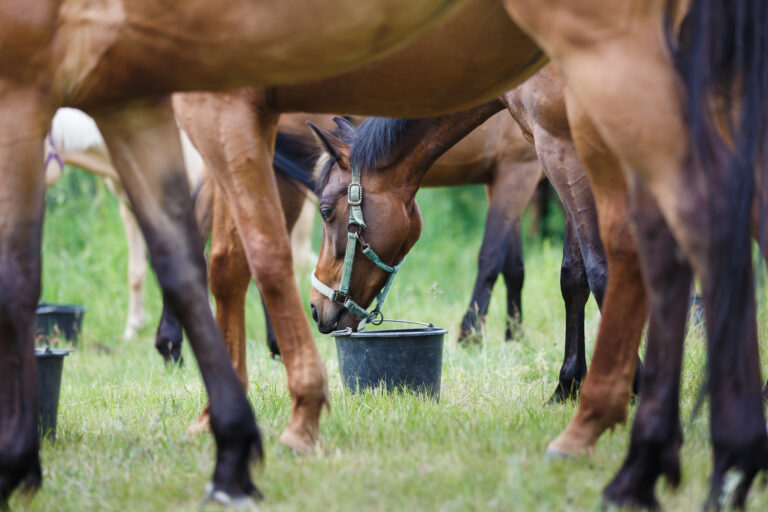By Dr Kerry Mack
Image: Charlotte Dujardin and Valegro, by the FEI.
Most of us in horse sports are working towards something. We want to improve, to become better trainers or competitors. It is very helpful to develop explicit goals, to define them and to devise a plan to achieve them.
There is a well-known acronym coined by American management specialist George Doran in 1981 to help you remember the features of goals that will work for you. Goals should be S-M-A-R-T, he said, as he laid down his framework for identifying and fulfilling one’s goals. He said they should be Specific / Measurable / Attainable or Action-oriented / Realistic and Relevant / Timely. Let’s examine these closely:
SPECIFIC
First, define what you want to achieve. Ask yourself what, where, who, and which. Don’t settle for vague goals like “I want to improve”. Be specific: “I want to improve my dressage scores” or “I want to move up from Pre-Novice to Novice”, “I want to learn to do the lateral work”, “I want to compete at the Royal Show’’. A goal should always be framed as a positive statement. Define what you want, not what you don’t want.
MEASURABLE
This allows you to know when you achieve your goal. This is easy in dressage: “I want to improve my scores from 62% to 65%’’, for instance. If the goal is to do the lateral work, in my opinion you need to be able to score a 6, meaning that the movement is satisfactory, to achieve the goal. Going up a grade is measurable, but don’t just go up because you have decided to. Make sure you have done the preparation so you can succeed at the new level. Truly achieving the goal of competing at a higher level means being able to manage the transition with some success. So you must set a training program accounting for what he and you need to learn. This may mean schooling bigger grids, then bigger single fences, related lines and combinations, then putting it all together at home with your coach before you go to the next level comp. A measurable goal may be to go up a grade, to achieve consistency at your grade, or to achieve a certain score in dressage or eventing.
ACHIEVABLE
This is really important, in my opinion. It is really discouraging to find that you can’t succeed. It is best to work on a series of short and medium-term goals to reach a long-term goal. For example, if you want to compete at the Olympics, it’s best to set some stepping stones, like achieving a high level of competition, then achieving the qualifying requirements (yes, there are qualifying standards for the Games) and then achieving results that might get you in the team, which will be a lot higher than the qualifying standard. Be realistic about your situation and the abilities of your horse. If you do dressage and your horse realistically moves for a 6 in walk, trot and canter, then you are not really likely to achieve 70%, because the score must reflect the quality of the pace, so you will be disappointed. However, you may achieve 65% if you ride really accurately and correctly, with good marks for submission and riding. If you are achieving scores above your horse’s paces then you are doing a good job. Be pleased. Don’t be disappointed because you set an impossible goal. Remember that the goal you set must be achievable by your horse. If you think he can’t achieve what you want to then my advice is to train him to be the best he can and sell him to someone who wants to do the job he is suited for. If he has a lovely style over a fence and is very careful, but can’t gallop and is afraid of water, he may be very well suited to show jumping, but he may not be the one for you if your goal is the three-day event. He will have a better life doing what he is suited to.
Of course, sometimes we find ourselves really attached to a horse who is not suitable for the goal we wish to set. If you are committed to him, you may want to change your goal. You want to go show jumping but the lovely horse you bred, and can’t part with, just can’t jump a clear round because he just dangles those front legs. You are getting frustrated and he is getting worse as he learns that he can hit rails and it doesn’t really hurt enough to worry. It might not make sense to take this horse eventing because he may make a mistake that will not be so forgiving when the rails don’t fall down. So, if you can’t part with him, think about changing to dressage or hacking where you may both enjoy success.
ACTION-ORIENTED
RELEVANT
The goal should be something that you can easily find the motivation for. Ask why. You should want to do it. Don’t set goals just because you can. Some goals may, of course, be essential stepping-stones along the path to something more meaningful for you. For example, you may need to train a horse to be able to sell him to finance purchasing the horse who will do the job you want. The goal should be something you can take responsibility for. For example, the goal of winning something isn’t really under your control, because someone else might have the ride of their life, or have a new imported horse. Your goal can be to do the very best you can, perhaps a personal best, or simply to have done the best possible preparation for the best possible performance.
TIMELY
Ask when. You should have an appropriate timeframe to achieve the goal. This could be decided by something like a closing date of entry. It could be that you set a time plan based on a series of competitions working up to championships. Or it could be that you have to consider the other commitments in your life. It doesn’t make sense to set a goal of competing at the championships if in fact they clash with your exams or something else important. You will most likely be disappointed because you won’t have had the preparation you need and your performance will reflect that. However, you may be able to compete and not be disappointed if you set the goal just to participate, not excel. Be pleased that you got there and enjoy the privilege of competing.
Once you have set your goal, remember that you won’t achieve it without putting the work in. Those who succeed take responsibility for enacting their plans. They commit to the process. They ride in the rain and the heat (take care of your horse in the heat). Successful riders pay attention to all the details, plan for contingencies. Successful riders also are able to be flexible. You may have worked hard for your goal of riding at the three-day event, but in the last fortnight he got a hoof abscess. He will have recovered but won’t have the necessary fitness. This happened to me a long time ago and although I had worked so hard for months to be able to compete I felt I had to withdraw. Don’t allow your ambition to cloud your judgment about what is in the best interests of your horse. There is always another competition, but you won’t get there if you have broken your horse. Sometimes you just have to take a deep breath and set a new goal.







